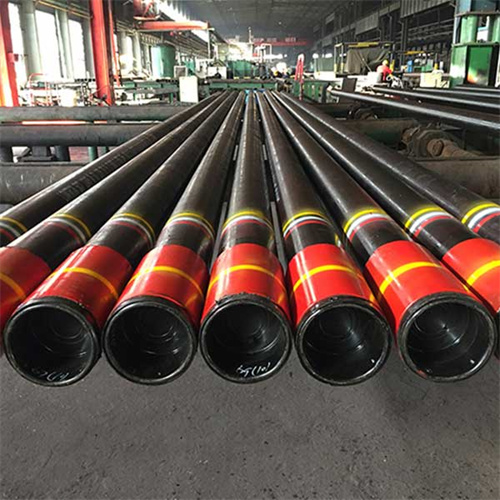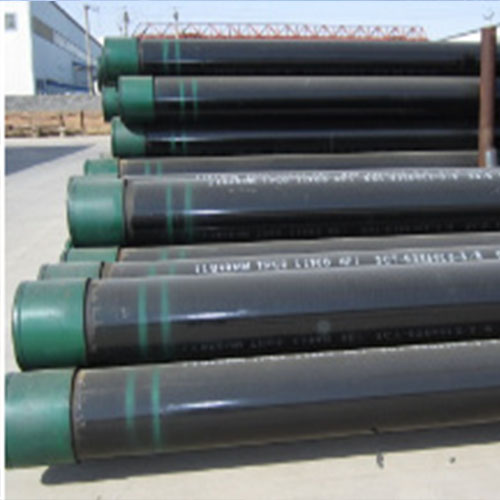Table of Contents
Exploring the Role of API Stainless Steel Casing and Tubing in Water/Oil Well Drilling
The drilling of water and oil wells is a complex process that requires the use of specialized equipment and materials. Among these, the API stainless steel casing and tubing play a crucial role. API, which stands for the American Petroleum Institute, sets the standards for oil and gas industry equipment, including the specifications for casing and tubing. These components are integral to the successful drilling and operation of water and oil wells, providing structural integrity, facilitating the flow of fluids, and protecting the well from contamination.
The casing is a large diameter pipe that serves as the structural retainer for the walls of the well. It is installed in layers, with each layer cemented in place to provide stability and prevent the well from collapsing. The casing also serves to isolate different layers of the subsurface strata, preventing the cross-flow of fluids between different geological formations. This is particularly important in oil and gas wells, where it prevents the contamination of freshwater aquifers by oil, gas, or saltwater.
The tubing, on the other hand, is a smaller diameter pipe that is inserted inside the casing. It provides a conduit for the flow of fluids from the reservoir to the surface. In oil and gas wells, the tubing is used to transport the produced hydrocarbons to the surface. In water wells, it serves to convey the water from the aquifer to the surface.

API stainless steel is the material of choice for both casing and tubing due to its superior properties. Stainless steel is highly resistant to corrosion, which is a critical factor considering the harsh environments in which these components operate. The corrosive fluids encountered in oil and gas reservoirs, as well as the saline water in many aquifers, can quickly degrade materials that are not adequately resistant to corrosion.
Moreover, stainless steel has excellent mechanical properties, including high strength and ductility. These properties enable it to withstand the high pressures encountered in deep wells and the mechanical stresses induced during the drilling and completion processes. The high strength of stainless steel also allows for the use of thinner-walled casing and tubing, which can significantly reduce the weight and cost of the well construction.

The API standards for stainless steel casing and tubing ensure that these components meet the stringent requirements of the oil and gas industry. They specify the dimensions, material properties, and manufacturing processes to be used, ensuring that the casing and tubing are fit for purpose. The API certification mark is a guarantee of quality, indicating that the product meets the API’s rigorous standards.
In conclusion, API stainless steel casing and tubing play a pivotal role in the drilling and operation of water and oil wells. They provide the structural integrity necessary for the well’s stability, facilitate the flow of fluids, and protect the well from contamination. The superior properties of stainless steel, combined with the assurance of quality provided by the API standards, make it the material of choice for these critical components.
